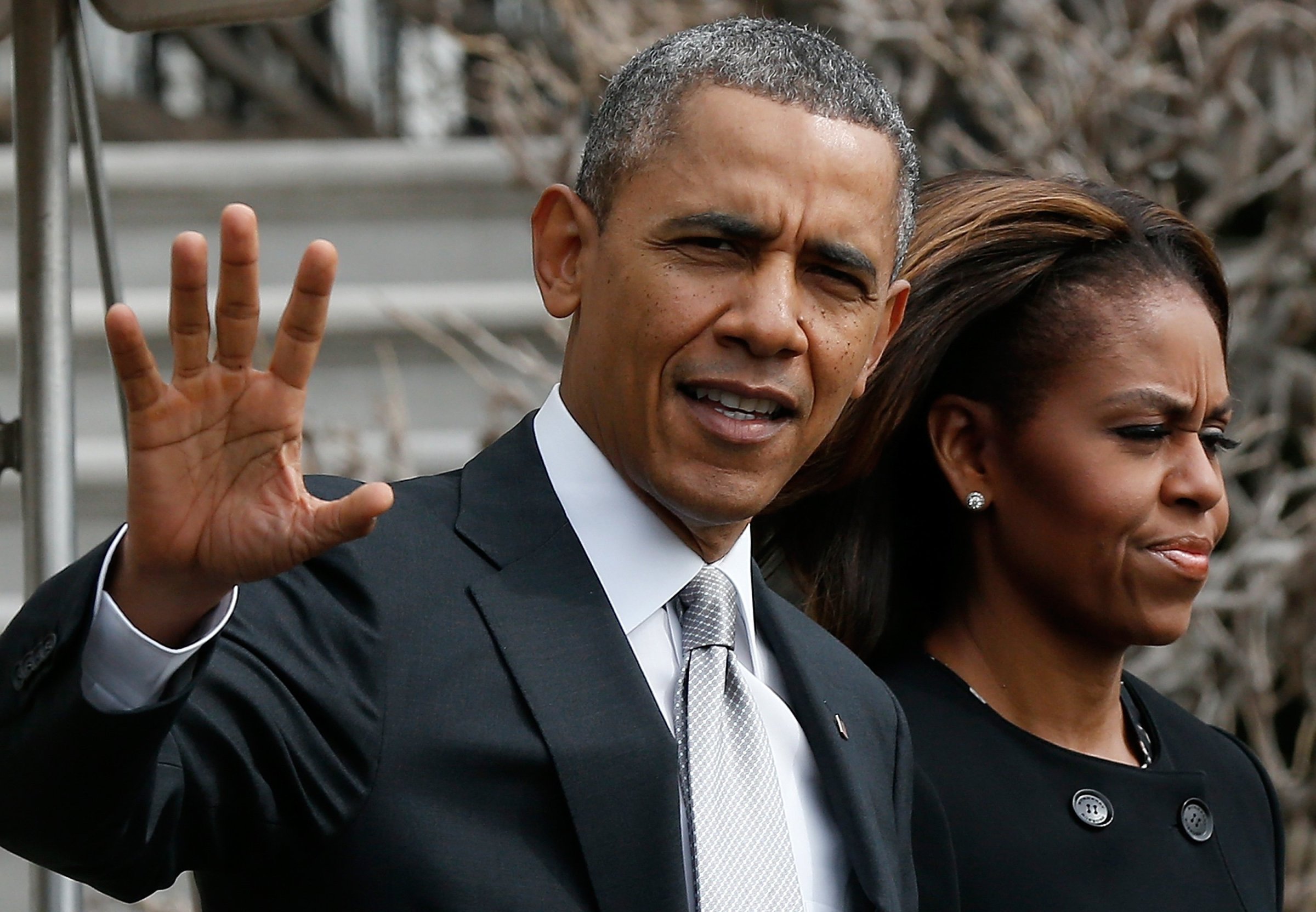
Shakespeare asked: what’s in a name? His point was that names do not define the person or entity. But I would argue otherwise, at least as it relates to a top authority advising the President on how to empower Americans to take charge of their financial lives.
On Monday, the President’s Advisory Council on Financial Capability for Young Americans meets for the first time. The name itself is a mouthful; the acronym PACFCYA looks like it’s been Travoltified. Still, a lot can be read into this name, which promises to set a smart new course for financial education in the U.S.
American presidents have been on the financial education bandwagon formally since George W. Bush authorized a President’s Advisory Council on Financial Literacy in 2008. Bush’s famous vision was of an ownership society. “We want people to own assets,” he said in authorizing the first council. “We want people to be able to manage their assets.”
His lofty goal was to equip everyone with the financial know-how needed to parse complicated terms and fees, and generally get ahead by fending for themselves in the free marketplace. The hope was that a population smarter about its money would reduce odds of a repeat financial crisis. As chairman of the council, Charles Schwab, wrote in the first report: “The charge was simple, yet daunting: improve financial literacy among all Americans.”
The mission took on a new look under President Obama, who in his first term reconstituted the board under the new name: President’s Advisory Council on Financial Capability, swapping “Literacy” for “Capability.” As I wrote at the time, the simple word change spoke volumes about the new council’s approach. This group was more about equalizing access to key financial products like checking and savings accounts. A big part of its mission, as stated in the charter, was to “take into consideration the particular needs of traditionally underserved populations, such as youth, minorities, low- and moderate-income Americans, immigrants, and low-literacy adults.” Meanwhile, regulators would set up vast new protections so that a deeper understanding of money issues wasn’t critical for most people.
Both approaches have their virtues. Certainly, it’s good for consumers to understand and be able to fend for themselves rather than rely on regulators to keep the financial bad guys at bay. But not everyone gets it when it comes to personal finance, and those who don’t would clearly benefit from common sense dictates like simple financial statements and plain vanilla mortgages.
Now we come to the third iteration of this important body, and “for Young Americans” has been tacked on to the name. Teaching kids about money has always been part of the council’s mission. But now it is the sole focus, which puts the emphasis where it ought to be. Solving financial illiteracy is a long-term project that should begin with young people, and by that I mean students in first grade.
“The last council was for people of all ages,” says Beth Kobliner a financial author reappointed to the new council. “Now, the entire council is about young people.” She believes the new name provides absolute clarity of the mission and that there will be little tolerance for indecision. “Action is going to be the buzzword,” she says. “It’s no coincidence that President Obama declared ‘a year of action’ in his State of the Union address.”
Another reappointed member, activist John Hope Bryant, founder and CEO of Operation Hope, echoes Kobliner’s view, writing in his blog that “this new Council will be different. It’s primary focus will be action, moving the needle, and getting things done…this Council will be more innovative, more solution seeking, more impactful.”
Research shows that early and frequent financial education works. Indeed, the council can expect a dose of data on this point at its first meeting. “This group will be able to show the country how to truly make a difference in the financial capability of our children,” says another reappointed member, Ted Beck president and CEO of the National Endowment for Financial Education.
In many ways, the financial education movement in the U.S. has stalled. There has been little progress, for example, in states making personal finance a required line of school study. The mission has been bogged down with handwringing over what works and what doesn’t, and where to best target resources. The PACFCYA seems determined to break the logjam by zeroing in on what works with kids. That may be reading a lot into a name. But then I’m no Shakespeare.
More Must-Reads From TIME
- The 100 Most Influential People of 2024
- The Revolution of Yulia Navalnaya
- 6 Compliments That Land Every Time
- What's the Deal With the Bitcoin Halving?
- If You're Dating Right Now , You're Brave: Column
- The AI That Could Heal a Divided Internet
- Fallout Is a Brilliant Model for the Future of Video Game Adaptations
- Want Weekly Recs on What to Watch, Read, and More? Sign Up for Worth Your Time
Contact us at letters@time.com